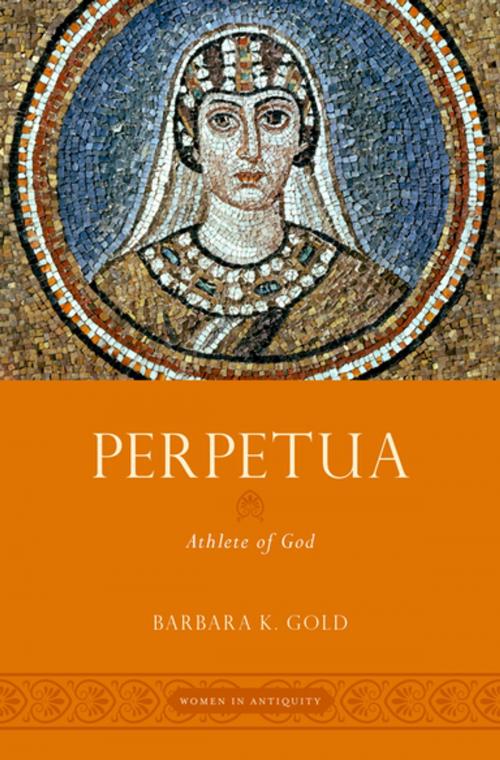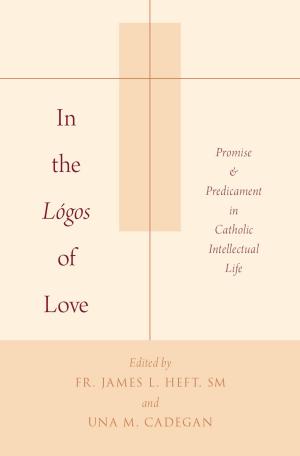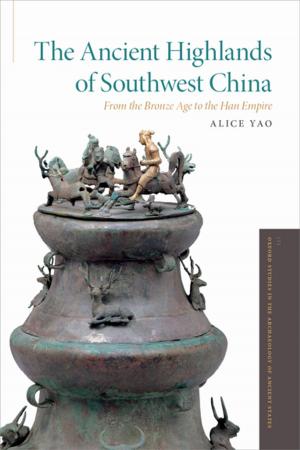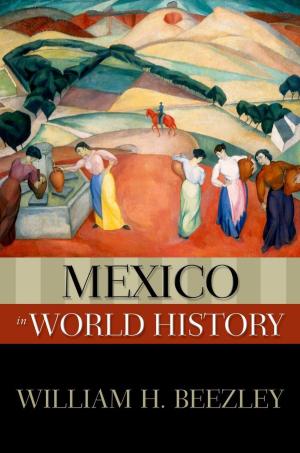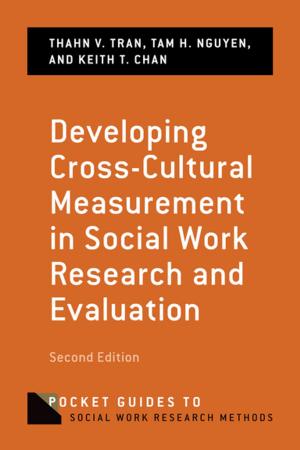| Author: | Barbara K. Gold | ISBN: | 9780190905309 |
| Publisher: | Oxford University Press | Publication: | September 17, 2018 |
| Imprint: | Oxford University Press | Language: | English |
| Author: | Barbara K. Gold |
| ISBN: | 9780190905309 |
| Publisher: | Oxford University Press |
| Publication: | September 17, 2018 |
| Imprint: | Oxford University Press |
| Language: | English |
Perpetua was an early Christian martyr who died in Roman Carthage in 203 CE, along with several fellow martyrs, including one other woman, Felicitas. She has attracted great interest for two main reasons: she was one of the earliest martyrs, especially female martyrs, about whom we have any knowledge, and she left a narrative written in prison just before she went to her death in the amphitheater. Her narrative is embedded in a tripartite telling of the arrest and deaths of these martyrs, the Passio Sanctarum Perpetuae et Felicitatis. The other two parts of her tale were written by Saturus, a fellow martyr and probably her teacher, and a nameless editor or confessor, who introduces her circumstances and group and then tells of her death after she stops writing. Her story is steeped in mystery, and every aspect of her life and death has generated much controversy. Some do not believe that she herself could have written the narrative: the circumstances of her imprisonment and the limitations of her ability to write such a rhetorically complex tale are inconceivable. Some believe that her editor was none other then Tertullian, the famous 2nd-3rd century church father and Perpetua's fellow north African. Some, including Augustine, wonder why the feast day was named only for Perpetua and Felicitas and not for her fellow male martyrs. Some believe that these martyr tales were largely fabricated or constructed in order to generate publicity for the early Christians. This book will investigate and try to make sense of all aspects of Perpetua's life, death, and circumstances: her family and life in Carthage, Christians and Romans in Carthage and in the Roman empire in this period, the comparisons of martyrs to athletes, the influence of these martyr tales upon the Acts of the Apostles and the Greek novel, the reactions of later church fathers like Augustine to her story and her popularity, and the gendering of this text.
Perpetua was an early Christian martyr who died in Roman Carthage in 203 CE, along with several fellow martyrs, including one other woman, Felicitas. She has attracted great interest for two main reasons: she was one of the earliest martyrs, especially female martyrs, about whom we have any knowledge, and she left a narrative written in prison just before she went to her death in the amphitheater. Her narrative is embedded in a tripartite telling of the arrest and deaths of these martyrs, the Passio Sanctarum Perpetuae et Felicitatis. The other two parts of her tale were written by Saturus, a fellow martyr and probably her teacher, and a nameless editor or confessor, who introduces her circumstances and group and then tells of her death after she stops writing. Her story is steeped in mystery, and every aspect of her life and death has generated much controversy. Some do not believe that she herself could have written the narrative: the circumstances of her imprisonment and the limitations of her ability to write such a rhetorically complex tale are inconceivable. Some believe that her editor was none other then Tertullian, the famous 2nd-3rd century church father and Perpetua's fellow north African. Some, including Augustine, wonder why the feast day was named only for Perpetua and Felicitas and not for her fellow male martyrs. Some believe that these martyr tales were largely fabricated or constructed in order to generate publicity for the early Christians. This book will investigate and try to make sense of all aspects of Perpetua's life, death, and circumstances: her family and life in Carthage, Christians and Romans in Carthage and in the Roman empire in this period, the comparisons of martyrs to athletes, the influence of these martyr tales upon the Acts of the Apostles and the Greek novel, the reactions of later church fathers like Augustine to her story and her popularity, and the gendering of this text.
